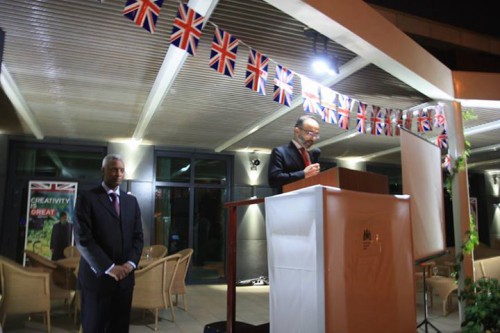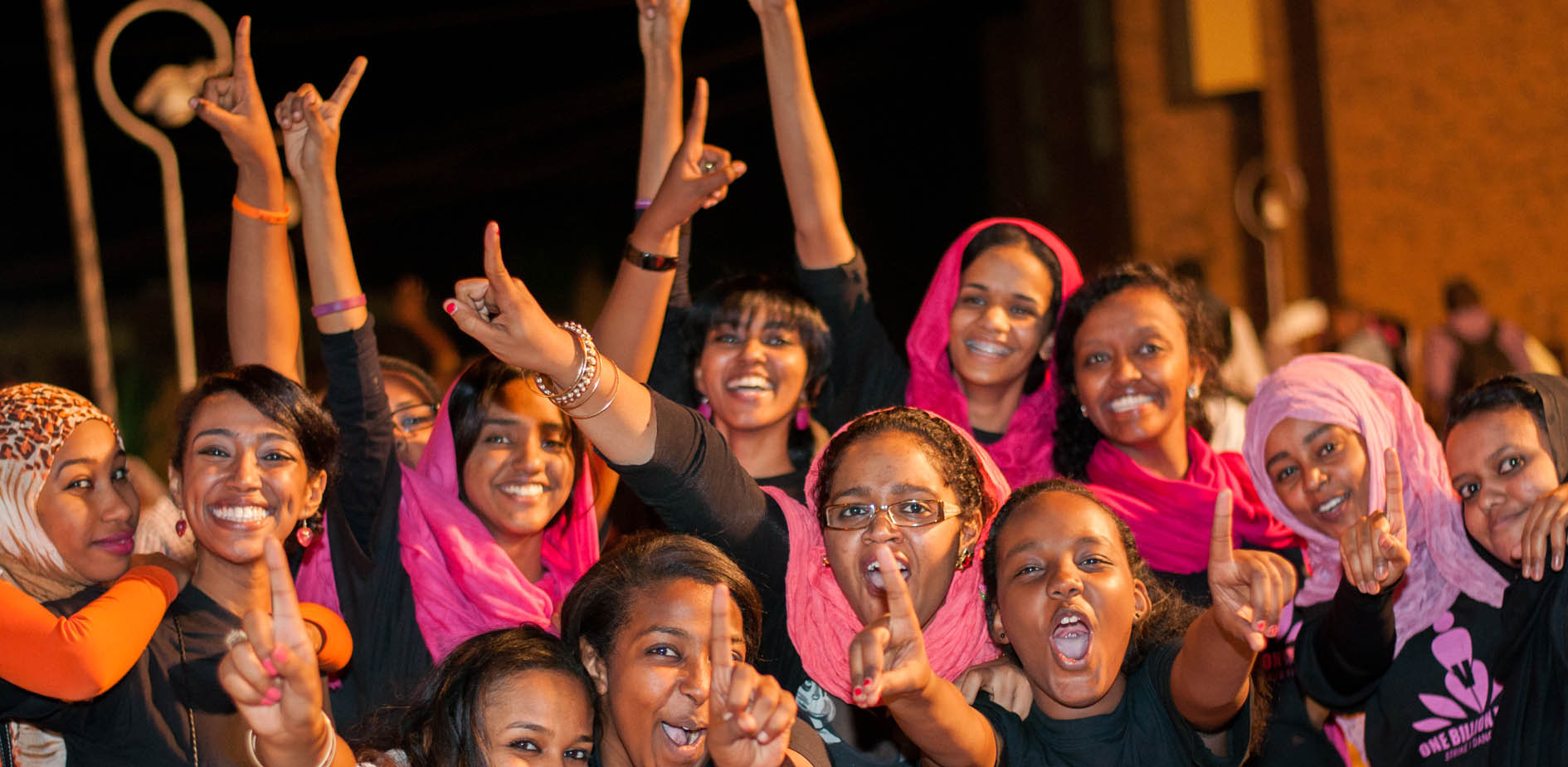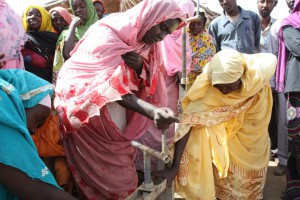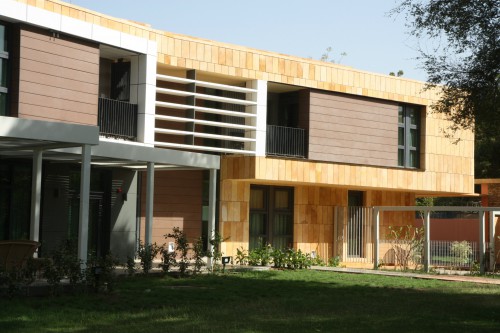17th June 2013
Her Majesty the Queen’s Birthday Celebrations
On the 12 of June we celebrated the birthday of Her Majesty the Queen with a big party. As is customary on these occasions, I made a speech which concentrated on the UK’s relationship with Sudan and our role here.
Here are some of things I said:
“The historical ties between the UK and Sudan are deep and longstanding. Many of the institutions of Sudan, its universities, legal system and administrations still reflect their UK heritage. The personal and educational links between our two countries remain strong. Many Sudanese have trained or worked in the UK and hold British passports.
There remains among many Sudanese an astounding thirst to learn or better their English, which we are doing our best to quench. Last year the British Council trained 1,000 teachers of English in government schools who in turn taught 200,000 students. If the programme can be rolled out to all 17 states it will impact 5 million students per year.
At the same time, the situation of many ordinary people is desperate. They are the victims of conflict, whose livelihoods have been destroyed. We are – and will remain – one of the largest humanitarian donors in Sudan. It is not in the British character to walk away from our friends when they need our help.
We all know the huge challenges facing Sudan. Building a peaceful and productive relationship with South Sudan is clearly in the interests of both countries, as Presidents Bashir and Kiir have acknowledged. But it is also complex. There will inevitably be setbacks. We are at a particularly critical time at the moment. We congratulate both countries for what they have achieved so far and encourage them to keep going.
Neither country should support rebel movements in the other. Where there are grievances or complaints they should be handled by the bodies set up by the Addis agreements for exactly this purpose.
The UK, together with others, has played a role throughout this process, and will continue to do so, reminding both sides that they signed the Addis agreements because there is no other route to peace and prosperity for them both, helping to build trust and to find practical solutions to problems as they arise.
Similarly, we stand ready to help find solutions to internal conflict. Sudan has been at war with itself virtually since its inception. The Constitution describes Sudan as “an all-embracing homeland where religions and cultures are sources of strength, harmony and inspiration.” We want to support Sudan to realise that vision.
For that to happen people need to be allowed space to articulate and develop their ideas, to speak and to associate freely, to bring their own regional, religious and ethnic perspectives to bear; in short to enjoy the political and civic rights to which Sudan is committed both in its international engagements and its Constitution.
These are not rights that can be secured or denied long term by violence. The UK condemns armed conflict to secure political ends, from whatever quarter. We support the many Sudanese who want to see a peaceful resolution of conflict and who advocate a national dialogue to address the issues facing the country. There is no other way to secure a successful and prosperous future for Sudan and its people. Whilst this process is allowed to take its course we call for full, unconstrained access to those in need of relief.
Meanwhile, the UK is helping to put in place the building blocks for sustainable development in Sudan. We are already actively engaged in supporting the development of the armed services and the police. In the last six months, we helped secure significant support to improve the quality of education in Sudan. We are working with the British Council, and private sector sponsors on a major programme to encourage young entrepreneurs. And we are finalising the arrangements for investments in water and sanitation in the East of Sudan and in Darfur.
We want to do more – and will if the operating environment allows. Over the next year, we will be setting out how we propose to complement essential but unsustainable humanitarian relief with programmes that build the resilience of local communities: moving people from being dependent on food hand outs to being food secure.
This will include a programme of support for deepening democracy in Sudan, including contributing to preparations for successful elections in 2015. We will set out our plans for helping to strengthen the private sector in Sudan, building the prosperity that is necessary if Sudan is to deliver poverty reduction and to graduate from aid.
Sudan faces major challenges. But it has the means to deal with them, if the will is there. We will continue to work with and for the people of Sudan for as long as we and they believe we can help Sudan move in the right direction.




Dear Ambassador, I would be very interested to discuss the problems of the Gezira Light Railway with you. The railway was the vital network for cost effective reliable transport throughout the Gezira that is weather proof. The refurbishment and re activation of the railway would make a very large contribution to effective delivery of agricultural production. Having significant knowledge and experience of the engineering and operation of light railways I would be most interested to know if there is any commercial opportunity to provide advice, support and management. Yours Faithfully Mike Fairburn